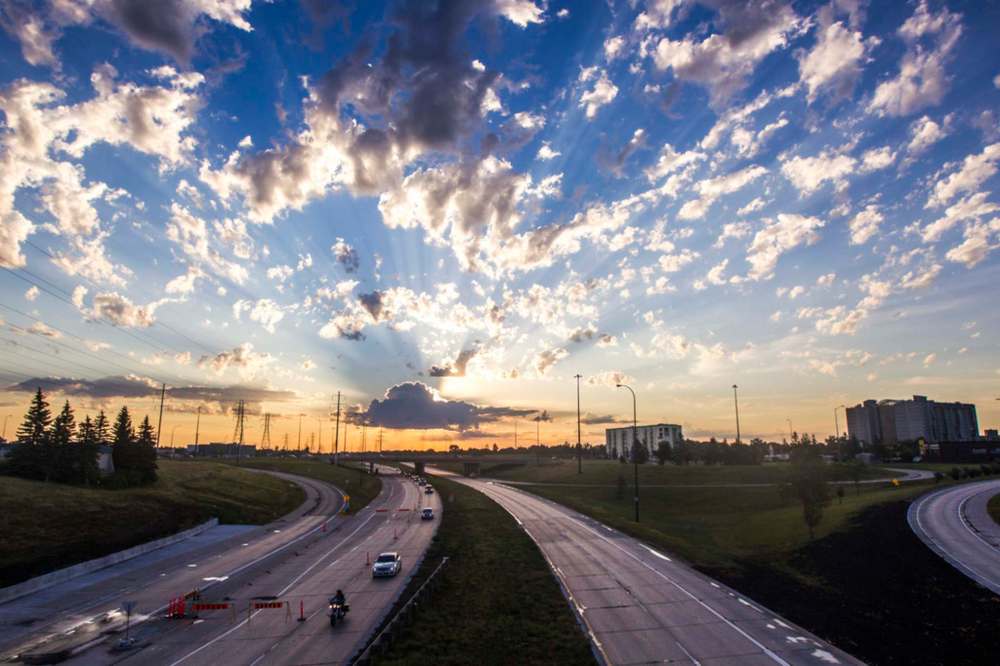Most Winnipeggers support Grandin renaming: poll
Advertisement
Read this article for free:
or
Already have an account? Log in here »
To continue reading, please subscribe:
Monthly Digital Subscription
$0 for the first 4 weeks*
- Enjoy unlimited reading on winnipegfreepress.com
- Read the E-Edition, our digital replica newspaper
- Access News Break, our award-winning app
- Play interactive puzzles
*No charge for 4 weeks then price increases to the regular rate of $19.00 plus GST every four weeks. Offer available to new and qualified returning subscribers only. Cancel any time.
Monthly Digital Subscription
$4.75/week*
- Enjoy unlimited reading on winnipegfreepress.com
- Read the E-Edition, our digital replica newspaper
- Access News Break, our award-winning app
- Play interactive puzzles
*Billed as $19 plus GST every four weeks. Cancel any time.
To continue reading, please subscribe:
Add Free Press access to your Brandon Sun subscription for only an additional
$1 for the first 4 weeks*
*Your next subscription payment will increase by $1.00 and you will be charged $16.99 plus GST for four weeks. After four weeks, your payment will increase to $23.99 plus GST every four weeks.
Read unlimited articles for free today:
or
Already have an account? Log in here »
Hey there, time traveller!
This article was published 17/06/2021 (1634 days ago), so information in it may no longer be current.
AS Winnipeg’s mayor calls to rename Bishop Grandin Boulevard, a new survey has found the majority of city residents support the effort.
A new poll finds more than half of Winnipeggers surveyed want the roadway renamed, due to the role of its namesake, Bishop Vital-Justin Grandin (1829-1902), in creating the Indian residential school system.
Probe Research found 55 per cent of those surveyed want the route renamed, 28 per cent want to keep the name but also educate the public about Grandin’s impact on residential schools, and 17 per cent want the name kept as is.

Demands to change the name have intensified in recent weeks, after the unmarked remains of 215 children were found at the former Kamloops residential school in B.C.
Winnipeg Mayor Brian Bowman raised a motion for the executive policy committee to order consultations with Indigenous people to determine exactly how to rename the prominent traffic route.
On Wednesday night, EPC voted unanimously to approve the renaming motion, extending it to also include Grandin Street in St. Boniface. A full council vote would later be required to approve a new name.
“I think the time is now. Of course, many Canadians are coming to greater terms with the painful legacy of residential schools. Certainly, the discovery (in Kamloops)… has certainly better illustrated the genocide that has occurred in Canada,” said Bowman. “This is not the last part of this journey.”
Bowman said seeking Indigenous feedback on possible new names is key to ensuring the changes coincide with Winnipeg’s reconciliation goals.
“We need to have these conversations in our community and we’re trying to have it in a thoughtful way, in a way that learns the lessons from the past… We’re taking the time to have that dialogue with Indigenous peoples and (residential school) survivors,” he said.
The Probe Research survey included 600 Winnipeg adults between June 2 and 11, who were recruited by phone to complete an online survey. The findings are considered to have 95 per cent certainty, within four percentage points.
joyanne.pursaga@freepress.mb.ca
Twitter: @joyanne_pursaga

Born and raised in Winnipeg, Joyanne loves to tell the stories of this city, especially when politics is involved. Joyanne became the city hall reporter for the Winnipeg Free Press in early 2020.
Our newsroom depends on a growing audience of readers to power our journalism. If you are not a paid reader, please consider becoming a subscriber.
Our newsroom depends on its audience of readers to power our journalism. Thank you for your support.



